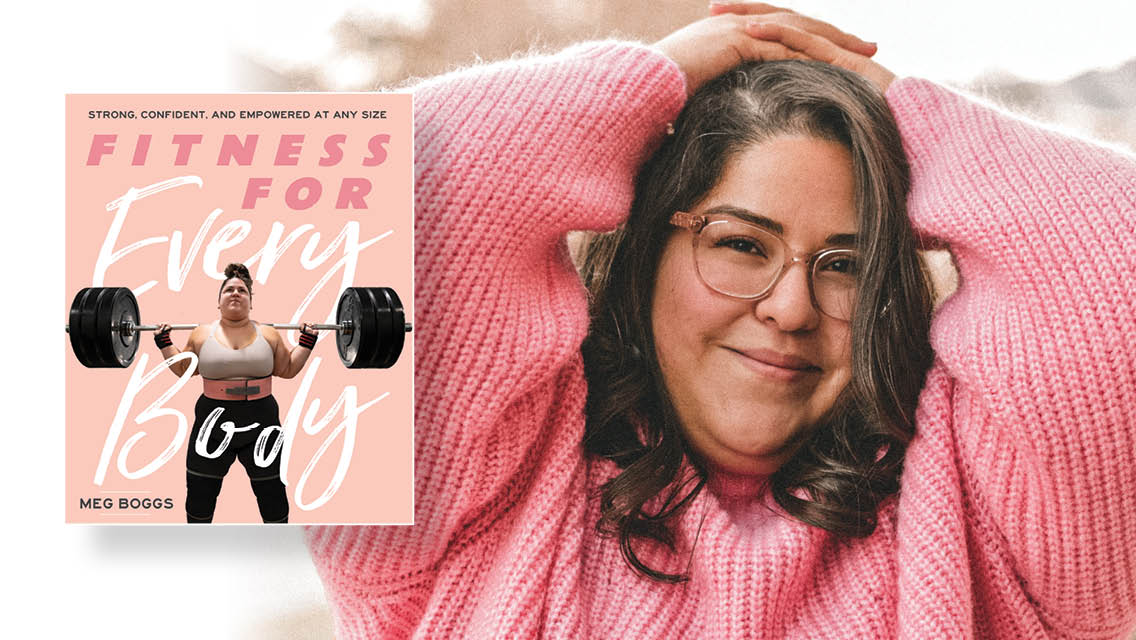Speak to yourself the way you would speak to a friend.
I don’t remember exactly when this directive was first hurled at me — it’s lost among the dozens of fat-loss challenges and coaching groups I joined in my 20s. But I’ll never forget how it made me feel: angry, frustrated, and annoyed.
At the time, my self-talk consisted largely of statements like You’re so fat. You’re so slow. You’re so lazy. You’re disgusting. You’re broken. You’re useless.
Back then, all of these statements had negative connotations in my mind. When I directed them at myself, I aimed for my body — the offending “you” — and the words exploded like bombs. Sure, they hurt. But I hoped that something strong, beautiful, and good would grow out of the damage.
When I was told to speak to myself the way I would to a friend, I was angry: Of course I would never say these types of things to anyone else. What did that have to do with my self-talk?
I was frustrated because I was invited to replace these statements with any number of body-positive iterations: Things like I am strong and I am beautiful. Or I am smart and I am valuable. Hardest of all for me to wrap my head around: I love myself.
I couldn’t understand how, if I truly believed I was strong and beautiful, I could ever improve myself. In my worldview, there was failure and there was perfection, and progress meant striving toward an ideal state.
One day recently, before going out for a walk, I stepped in front of the mirror, looked myself in the eye, and told my body, “I am grateful for you.”
How could I grow if I already had the qualities I desired? And what good could it do to lie to myself? Positive self-talk simply didn’t make sense.
For years afterward, that one rule stuck with me: Speak to yourself the way you would speak to a friend.
I’d reflect on it with annoyance, with a kind of “Can you believe this? How preposterous!” attitude. Yet I also began catching myself in loops of negative self-talk.
Would you say that to a friend? I’d ask myself snarkily. At first it felt like an inside joke with my inner critic. But over time, my inner critic quieted down, and the way I spoke to my body began to change.
Little by little, instead of focusing on my negative opinions about my body, I was able to look at some aspects with gratitude. Exercise — specifically training for strength and performance — helped me achieve this.
I was grateful for every pound my arms would lift and grateful for every mile my legs would run. I was grateful that my body would accept the rigors I’d put it through, and grateful that it would work so hard to recover.
Even after a painful and frustrating injury, even through the worries that I’d truly broken myself, I was grateful that my body wasn’t more badly hurt. I was grateful for the function that remained, and grateful for the function that slowly returned.
Now, living through a pandemic and quickly approaching 40 — an age I long associated with falling apart — I am grateful that my body is not only holding together but strongly carrying my heart and soul forward through all the demands I place on it.
One day recently, before going out for a walk, I stepped in front of the mirror, looked myself in the eye, and told my body, “I am grateful for you.”
Inside, I thought, Finally. It took me a while to get here, but I am finally able to speak to myself the way I would speak to my very best, very oldest, ride-or-die-est friend.
And finally, doing so doesn’t annoy or anger me. These words just made me smile, the way that kind, true words from a friend always do.





This Post Has 0 Comments